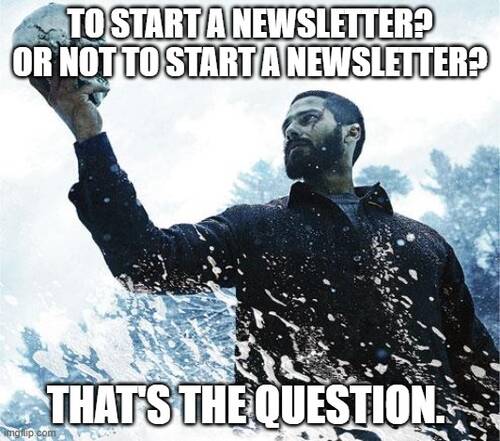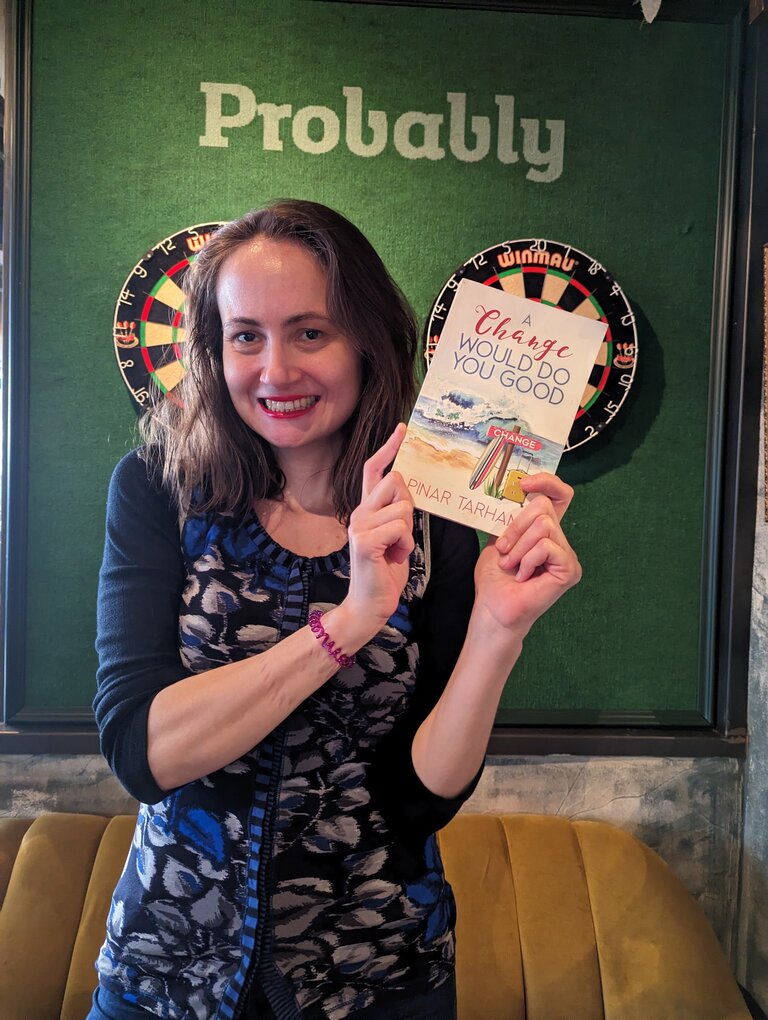“God, grant me the serenity to accept the things I cannot change, the courage to change the things I can, and the wisdom to know the difference.”
from the Serenity Prayer
But whether you belong to a religion or believe in god (I’m agnostic), these are wise words. You can opt to recite it to the universe.
Why bring this up when talking about AI? Because AI’s existence and increasing usage belong firmly in the category of things you can’t change. You don’t have to like it, but you need to accept it.
Even if you are a creative professional. Even if AI might be threatening your job. Because wishing it away and spending your days pissed off won’t make it go away.
I didn’t see many editors and proofreaders protesting AI years ago because it made their jobs easier. As a writer who edits herself, I have been grateful for the free version of Grammarly (which is AI-powered) and similar products.
Why Writers Need AI-Based Editing Software
Should writers hire an editor for book manuscripts? Yes, if they can. Can freelance writers hire an editor before they submit their pitches or their articles to an editor? They can, but it’d be very expensive. Unless the editor is giving them an insane deal, they won’t have any money left from the money they made from their writing.
As a writer and ESL teacher, I’m confident in my proofreading and editing skills. I’m obsessed with the English language. Not all writers have to be. But it is certainly an advantage. Let’s face it; you need your work as close to flawless as possible.
No matter how good or careful we are, it’s human to miss things. We tend to see things as we think and not as they look on the page. Looking at the computer screen and your words for a long time, even with breaks, distorts your view.
A second pair of “eyes” is great to help lessen your load. Word’s spellchecker is good but insufficient. Grammarly (or your choice of software/app) definitely helps you create a cleaner version.
But guess what? It’s not human. (You have the option to hire humans through Grammarly, though.) So it doesn’t always catch your style, meaning, or context. You still have to go over its edited version yourself.
Your editor will be happy you provided them with clean copy, and they will only have to work on your piece’s message and whether your style fully matches the publication’s demands. Editors and proofreaders will always be in demand. (And no boss or manager will complain that you write clean copy either.)
Can writers edit their full-length manuscripts through AI-based software? Yes, they can.
Does It Mean (Book) Editors Will Be Out of a Job?
The short answer? No. There are multiple types and levels of editing, and a writer can rarely be good at them all. But, and I can’t stress this enough, not all writers can afford editors. Sometimes, they want or need to get their work out there as soon as possible. Therefore, they make full use of AI
This doesn’t mean we don’t need or love our beta readers. We also fully appreciate our writer/editor friends who provide feedback. Don’t worry, the feedback-getting writer also provides feedback. No one gets taken advantage of. Everyone supports and gets supported in this system.
As the writer increases their income, they will opt to work with an editor. Trust me on this. Book editors will never be out of work.
Should Writers Be Afraid of Big, Bad AI?
It was reported by the IMF that “almost 40 percent of global employment is exposed to AI.” But “exposed to” isn’t the same as to “replaced by”. Being able to utilize AI will make you a more attractive candidate.
Whatever your industry, AI makes research easier. It cuts down the admin work. I use free AI as an assistant. But I’d hire a VA in a heartbeat if I could afford one. So VAs aren’t losing work. I would still not be working with a VA at this point, even if there were no AI.
What about Malicious AI Use?
Can AI be used maliciously? It can and it is. But so is Photoshop. So are links. Phone scammers are still at it. Social media imposters are doing their best to scam people. You can use pretty much any tech to commit a crime. You can also use tech to prevent crime.
Final Thoughts
You don’t need to love AI, but getting familiar with it will make your life easier.
In addition to being an author, I teach ESL. I still have students. In addition to education and teaching experience, I have empathy, personal language learning experience, relevant anecdotes, and a sense of humor. I customize each lesson for the individual. AI hasn’t replaced me yet.
Stay calm and accept AI’s existence. You don’t have to use it, but imagine what you think about a person who doesn’t have a smartphone. In a couple of years, people who don’t use AI at all might face a similar reaction.
And if you are worried about being replaced, it doesn’t hurt to know what you can do to make yourself irreplaceable in your profession. Incidentally,that path includes learning how to make use of AI ethically.
P.S. I wrote and edited this post. Then I let Grammarly suggest things. Finally, I edited Grammarly’s version.
*
How do you feel about AI? Let me know in the comments.




